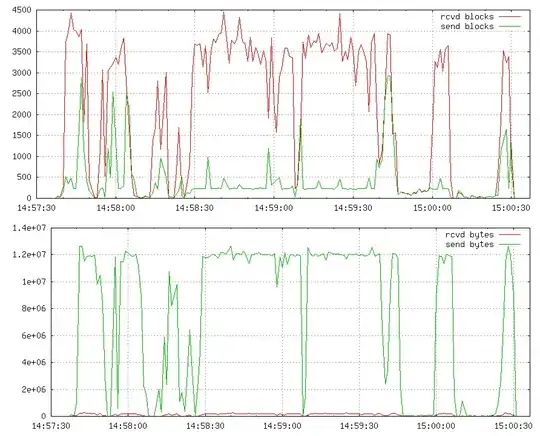I am running some command in cron that does an rsync over two data centers. The connection rate between the data centers is around 1Mbps. I noticed that rsync keeps failing around 2.7GB to 2.9GB of transferred data, which could equal around an hour or more on said connection. I know in the past that our firewall is configured to close idle connections that have opened for more than an hour.
But would an rsync transfer really be idle? What can I do to fix this?
Error:
rsync: connection unexpectedly closed (2987596424 bytes received so far) [receiver]
rsync error: error in rsync protocol data stream (code 12) at io.c(605) [receiver=3.0.9]
rsync: connection unexpectedly closed (523 bytes received so far) [generator]
rsync error: error in rsync protocol data stream (code 12) at io.c(605) [generator=3.0.9]
I already have this in my ~/.ssh/config (but maybe these values need to be increased?):
Host *
ServerAliveInterval 60
ServerAliveCountMax 15
